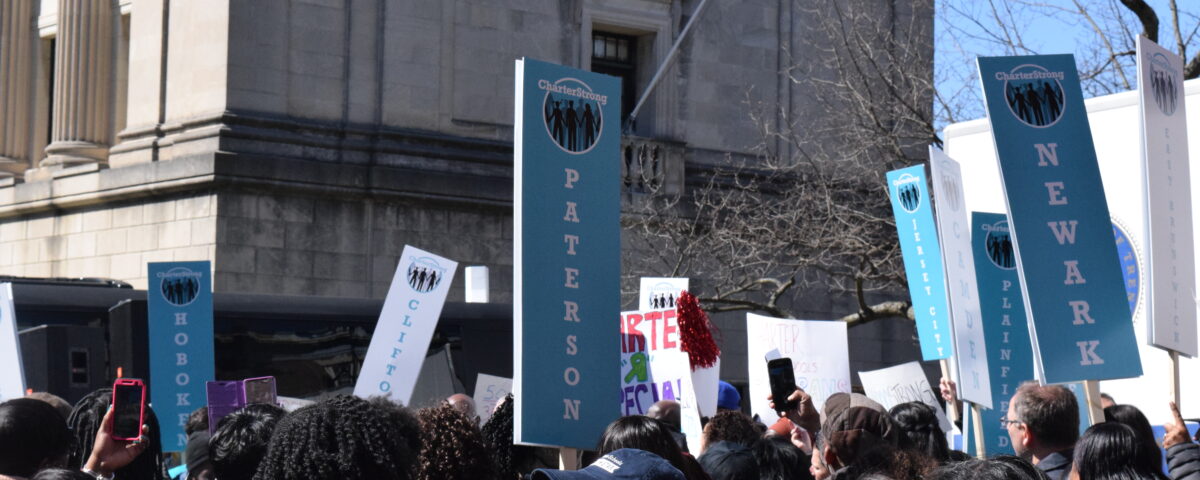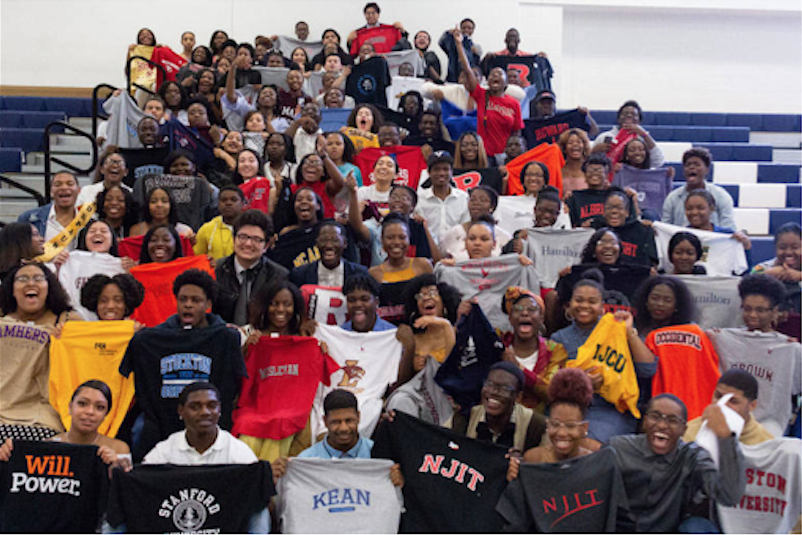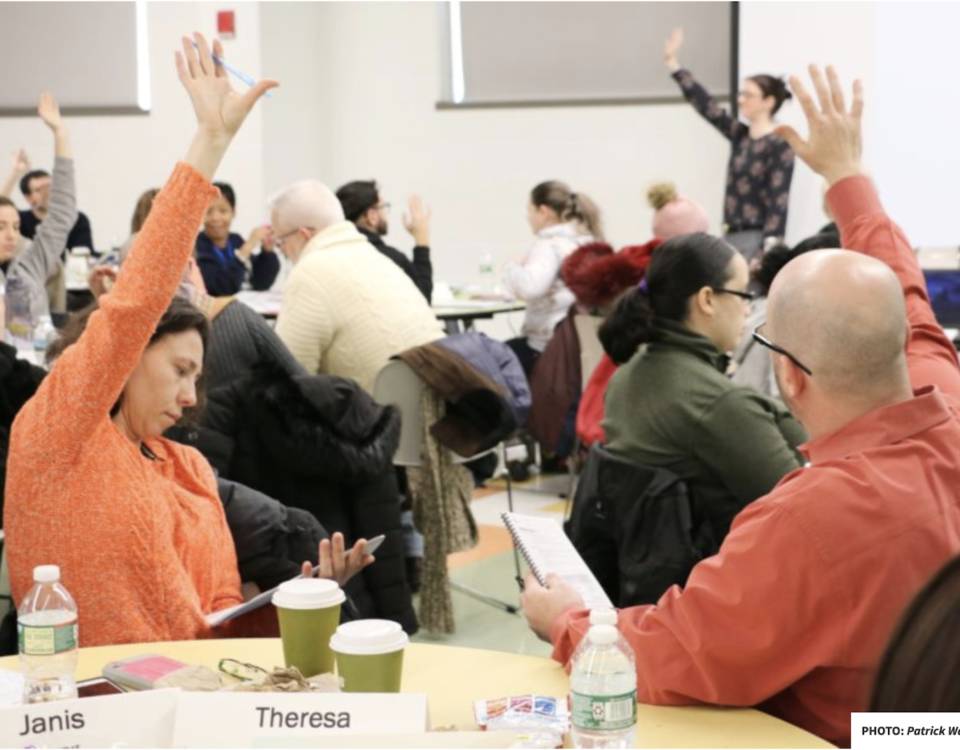
New Jersey’s Charter Schools Are Under Review – And Parents Are Speaking Up
October 8, 2018As State Ed. Commissioner Begins Review of Charter School Laws, Parents, Educators and Public Charter School Supporters Demand Equity and Fairness for Charter Students
Campaign Will Focus on Sharing the Stories of our Families, the Facts About Public Charter Schools and Fixing Unfair Laws and Unequal Funding
TRENTON – Today, a coalition of parents, students, educators, community leaders, and public charter school supporters launched the #ILoveMyCharter campaign, with a goal of providing state leaders and the public with the facts about New Jersey’s public charter schools, and sharing the stories of parents who have chosen them as the best opportunity for their children’s education.
The campaign will be a multi-faceted initiative, with charter advocates across the state promoting the stories of charter parents via social media, post cards to Commissioner, town-hall style events across the state, a dedicated website, and more.
Earlier this year, State Education Commissioner Lamont Repollet announced the beginning of a review of the state’s public charter schools. The #ILoveMyCharter campaign will urge the Commissioner to use the review to fix deeply unfair laws that ensure public charter school students receive zero dollars in facilities funding.
Parents and advocates today launched a website where members of the public can learn the facts about public charter schools, which includes a testimonial video from the parent leaders at the forefront of the campaign. They will roll out other initiatives in the coming weeks.
The charter school law in New Jersey is twenty years old, and was created to offer families more choices, particularly in communities with low-performing schools. However, the law did not provide facilities funding, nor did it grant charters all of the same funding streams available to district schools.
As a result, public charter students are deeply underfunded. Charter students do not receive funding for facilities like other public school students, which means that charter schools have to divert up to 10% of their operating budget to pay for facilities. This adds up to millions of dollars that cannot be used in the classroom.
State data shows that public charter schools are among the highest performing schools in the state, especially in traditionally underserved communities. 86 percent of the state’s 50,000 public charter school students are students of color, and 72 percent come from low-income families. 89 percent of public charter school students graduate high school within four years. A 2015 Stanford study found that Newark’s public charter sector was the second best in the entire nation.
Public charter schools are also in high demand. The waitlists for public charter schools are estimated at more than 35,000 names long, demonstrating the clear need for additional public charter school seats. By law, public charter schools admit all students. When more students apply for a charter school than there are available seats, the school holds a random lottery to determine who gets in.
The #ILoveMyCharter campaign will also dispel common myths and misconceptions about public charter schools. Charter schools are public schools that are held strictly accountable by the state–if they don’t perform, they close.
“I chose Phillips Academy Charter School because that was the strongest school in my community. I felt was going to help my daughter achieve the goals I had set for her when it came to her future,” said parent Ashley Campbell from Paterson.




